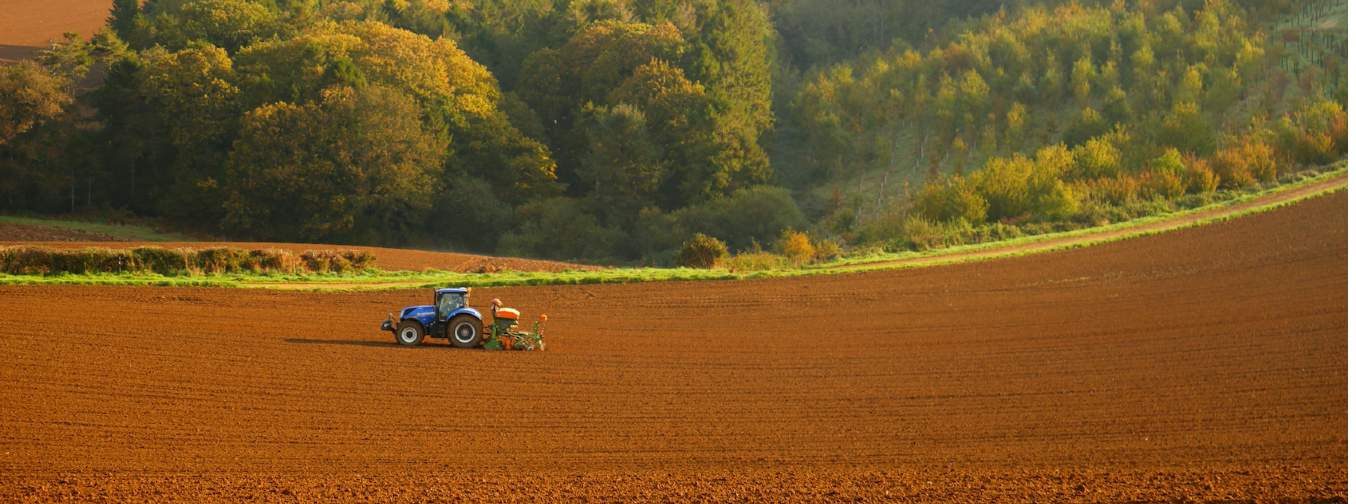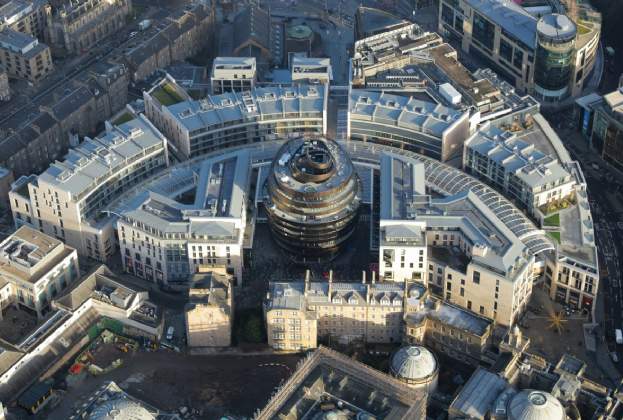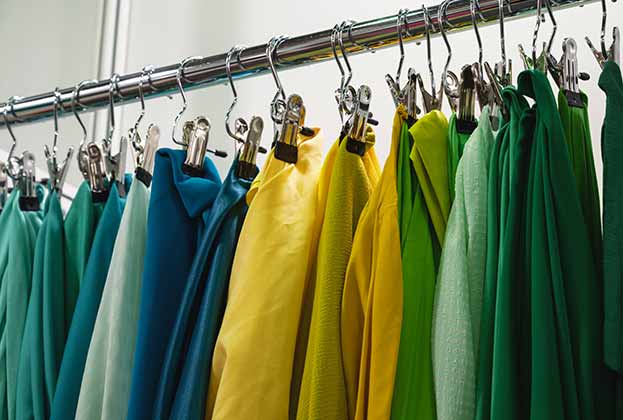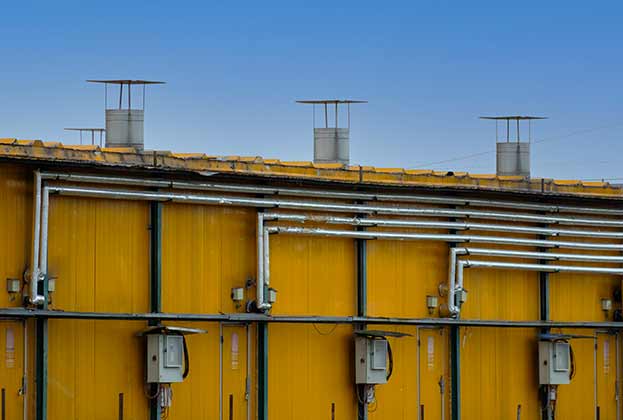On 24 December 2020, Prime Minister Boris Johnson presented an early Christmas present in the shape of a 1,246 page UK-EU Trade Deal. Negotiations ran right up to the last minute and there is little doubt that having a deal, as opposed to not having one, provides certainty and stability for UK business and supply chains. But what does this deal mean for farmers?
1. Increasing export frictions at borders
The great success of this deal is that there are no taxes or limits on the quantity of goods traded between the UK and EU. However, significant non-trade barriers have been introduced. These barriers come in the form of additional administrative procedures such as increased product checks and customs declaration.
The increased administrative costs of export are not believed to be substantial enough to make a significant difference to trade flows between the UK and EU, as they are similar to the type of product price fluctuation traders ordinarily experience. The impact will be most strongly felt in the short term as businesses get to grips with the new procedures, but these issues will become less of a problem as processes become smoother.
However, there is the risk that EU importers will switch to EU suppliers if these processes don’t bed down fast enough. For some businesses that export very small quantities or low value products, the additional costs may not be worth the export market.
2. Rules of Origin have the potential to be disruptive
Rules of Origin (RoO) are common in trade agreements, and require producers to identify the origins of their goods in order to qualify for preferential tariffs. These rules exist in order to prevent traders from buying cheaper products from a non-EU/UK country, repacking and rebranding them and then selling them into the EU or UK tariff-free. The RoO within this deal are sector specific, and will have implications for certain processed products, which could have a knock-on effect on some supply chains. There is significant concern from the food industry that many of the RoO are too restrictive, but the EU has opened a consultation on softening the rules.
3. Why are Northern Ireland’s shelves empty?
Northern Ireland’s shelves are empty due to the Northern Ireland Protocol, and the new Irish Sea border it creates, which keeps Northern Ireland in the EU’s single market. Therefore EU customs rules have to be applied at ports, meaning businesses shipping food products from Britain to Northern Ireland are facing increased administrative burdens. Products from the EU but imported to Northern Ireland through England are facing a double whammy of import controls, and the RoO are having a significant effect on what products can reach Northern Ireland’s shelves.
4. Long-term commitments to cooperation over food systems
Within the deal there are commitments of intent for the UK and EU to cooperate on emerging issues such as sustainable food systems, climate change, antimicrobial resilience and animal welfare. In contrast to other free trade agreements, there is increased referencing to international environmental agreements. This increases the mutual pressure on both parties to meet their wider international goals.
5. There is wiggle room
Despite the fanfare and relief that the cliff edge has been averted, this deal is by no means set in stone. It has been agreed, and it creates degrees of certainty for businesses. However, there is still room for alterations and renegotiations. The deal allows parties to withdraw market access if the other does not follow the rules that have been agreed, there are revisions to be made, votes to be cast and after four years the whole agreement can be reviewed in its entirety.
It will take time to determine whether this deal is rigorous enough to enable the UK to fulfil the oft repeated mantra of ‘taking back control’. It certainly has implications for farmers, in terms of trade with the EU and the future trade deals the UK seeks. The key question now is whether ‘Global Britain’ can build trading relationships with other global partners without threatening this stabilising EU deal.

.jpg)



.jpg)




